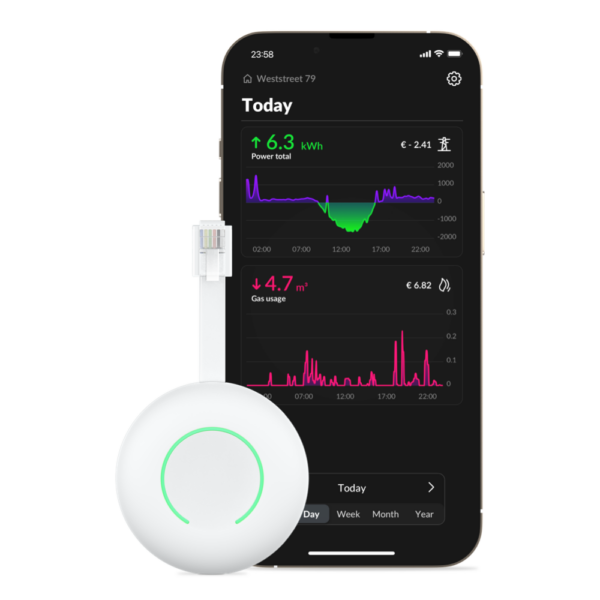In the Netherlands, the forms of cohabitation have specific regulations according to matrimonial property law, which is part of the law of persons and families. The three main forms of cohabitation are:
- Unregistered cohabitation (ongehuwd samenwonen)
- Marriage
- Registered partnership (geregistreerd partnerschap)
Each of these forms has different legal implications. Below, we explore their most important characteristics.
1. Unregistered cohabitation (Ongehuwd samenwonen)
This form of cohabitation is characterized by the absence of automatic legal rights and obligations between the parties. The assets and income of each cohabitant remain separate, unless a cohabitation contract is established.
Main characteristics:
- Assets and equity: Remain separate, unless otherwise agreed in a contract.
- Cohabitation contracts: These may include cost-sharing or joint ownership agreements, provided they do not contradict the law.
- Tax implications: Under certain conditions, the Tax Agency considers unmarried cohabitants as tax partners.
- Sons:
- The mother is automatically the legal guardian.
- The couple must recognize the child in order to obtain parental rights.
- Parental authority allows you to perform legal acts on behalf of the minor, such as opening a bank account or taking out health insurance.
2. Marriage and registered partnership
Marriage and cohabitation registration have a similar legal status in the Netherlands. However, each has important particularities:
Shared ownership:
- Si no se acuerdan condiciones previas en una escritura notarial, se aplica una comunidad limitada de bienes. Esto significa que:
- Property acquired before marriage remains individual property.
- Jointly acquired assets become jointly owned.
- Exceptions: Inheritances and gifts remain private property, unless otherwise specified in a will.
Rights and obligations:
- Spouses or registered partners are responsible for 50% of the community property.
- For certain legal acts, such as selling a family home or acquiring significant debts, spousal approval is required.
Sons:
- Children born within a marriage or registered partnership are automatically recognized as legal children of both parents, who share parental rights.

Making Adjustments: Prenuptial and Contractual Agreements
In both marriage and registered partnership, couples may choose to modify the legal terms through specific agreements. These include:
- Marriage contracts (huwelijkse voorwaarden): They make it possible to decide which assets remain separate or how the estate is divided.
- Common options: Total exclusion of shared assets or general community of assets.
These arrangements are ideal for couples in special situations, such as:
- A person has a business of his own.
- One spouse has significantly more assets.
- There are children from previous relationships.
Toestemmingsvereiste: Compulsory consent in certain cases
Under Dutch law, spouses and registered partners need mutual consent for the following actions:
- Acts related to the family home (sale, mortgage, rent).
- Debt contracting under the installment purchase modality.
- Personal guarantee for third parties.
- Significant donations out of the ordinary.
Choosing a form of cohabitation in the Netherlands involves analyzing the legal and financial implications that each entails. It is crucial to understand how these regulations affect aspects such as property, parental rights and mutual obligations. In case of doubts or specific circumstances, consulting a notary or specialized lawyer is the most advisable step.





